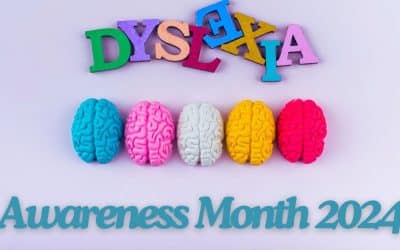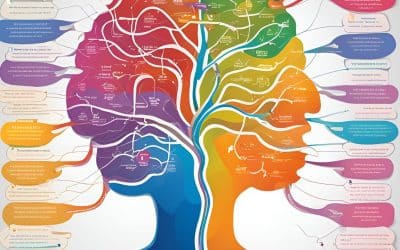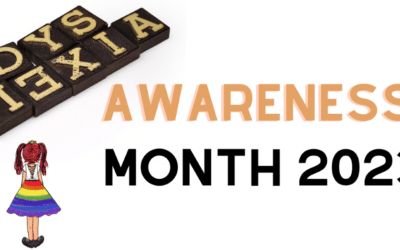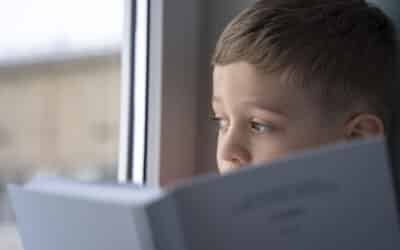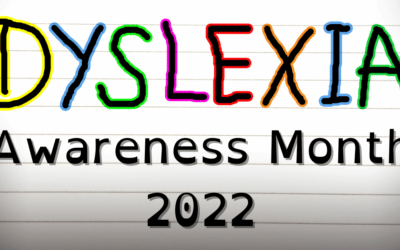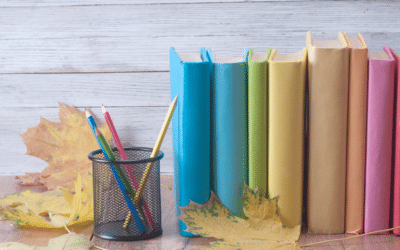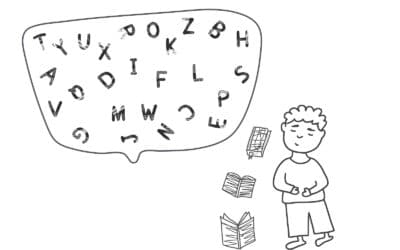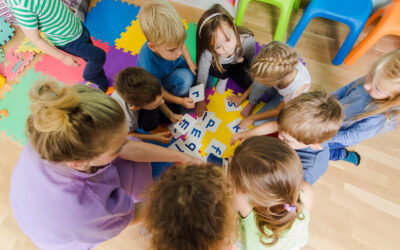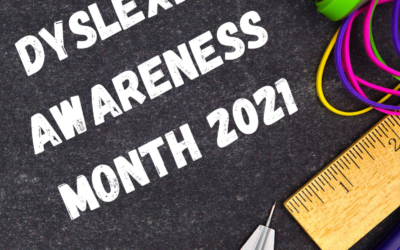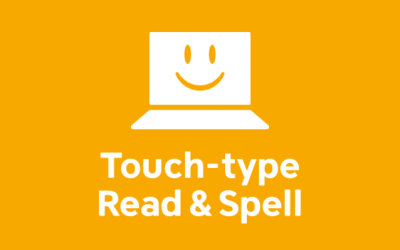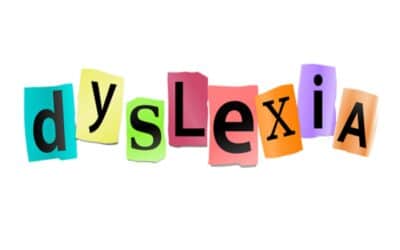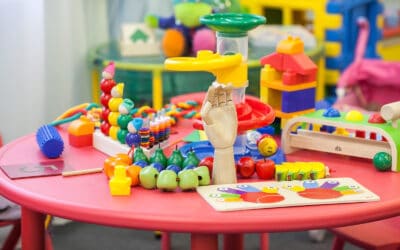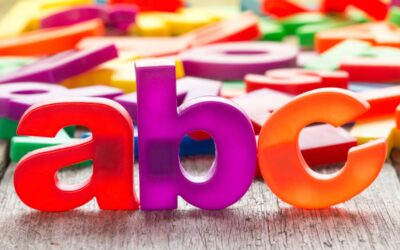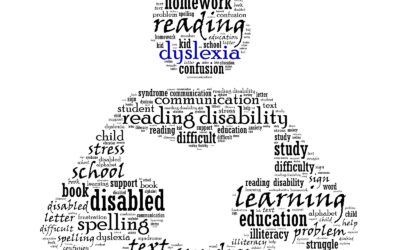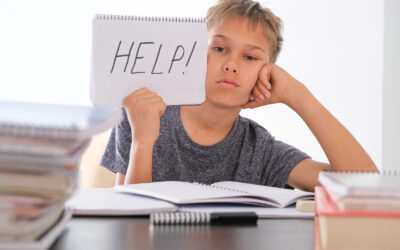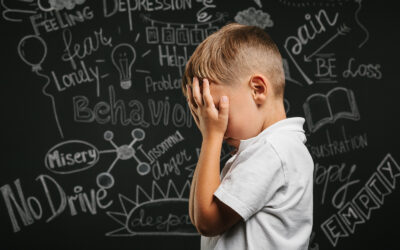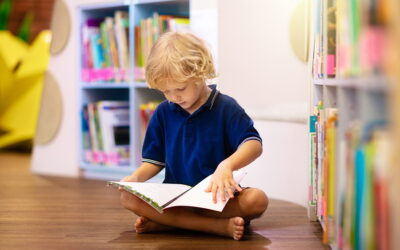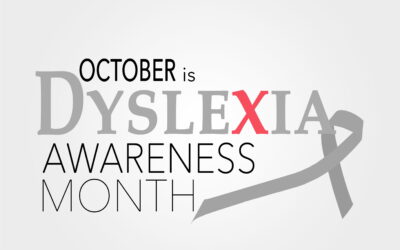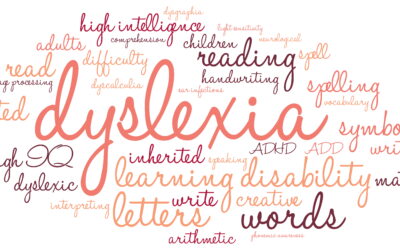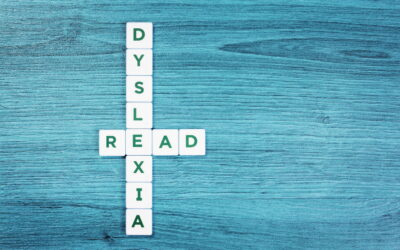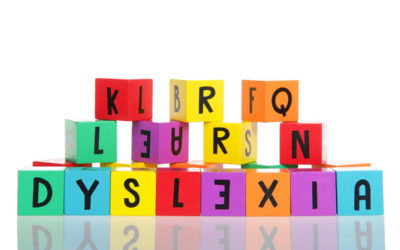October is Dyslexia Awareness Month 2024
October is Dyslexia Awareness Month 2024 – the perfect time to raise awareness, inform, educate, and celebrate our children. Download a carefully curated...
What are the best mind maps for dyslexia and how do they help?
I’m often asked by parents what the best mind maps for dyslexia are. As with all software, it’s a personal choice. Some programs will have functionality that...
Dyslexia in teens and tweens: A comprehensive guide
Managing dyslexia in teens and tweens presents families with a very different set of issues than with primary aged kids. The teenage years in general can be...
Ways to help your dyslexic child at home
Finding ways to help your dyslexic child at home may not be as difficult as you think. We live in a world where we have the latest technology at our...
How do reading apps work?
A guide to the top 7 reading apps on the market In a world where technology is fully integrated into education, reading apps have emerged as powerful tools in...
Dyslexia Awareness Month 2023
October is Dyslexia Awareness Month 2023 and the perfect chance to raise awareness, continue to educate ourselves, and celebrating the potential of our...
Back to school supplies for kids with dyslexia
Do you have a child with dyslexia? Do they have the school supplies they really need to thrive? This blog looks at the best back to school supplies for kids...
Inspiring gifts for kids with dyslexia: The ultimate guide
This post is designed to inspire parents to think outside the box when buying gifts for kids with dyslexia. It’s so important that there’s a balance between...
The best reading books for 5 year olds with dyslexia
Reading with your child is so important throughout their primary education. It will help to foster a love of reading, help to build vocabulary, improve...
Signs of dyslexia in a 5 year old
In this series of blogs, I will be looking at how dyslexia affects children of different ages. This particular blog will focus on the signs of dyslexia in a 5...
The stigma surrounding dyslexia: time to come together and remove it!
Unfortunately there is still a significant amount of stigma surrounding dyslexia in society. Despite increased awareness and understanding of dyslexia, many...
The top 5 reader pens for dyslexia – the ultimate guide
I’m always surprised that more families and schools don’t use reader pens for dyslexia. They are a great piece of assistive technology and will change the way...
Dyslexia Awareness Month 2022
October is Dyslexia Awareness Month 2022. It's the perfect time to raise awareness, inform, educate and celebrate our children. DOWNLOAD A CAREFULLY CRAFTED...
Tools for dyslexia – the top 15 resources for home and school
This list features my favourite tools for dyslexia. Everything I list, I have had experience with and would never recommend anything that I don't love myself....
Phonics and dyslexia
The best way to teach your dyslexic child to read and spell - phonics and dyslexia part 1 This blog on phonics and dyslexia is part of my dyslexia in the...
The strengths of dyslexia – the infographic
While of course, children with dyslexia have their struggles, focusing purely on these struggle does no one any good. Sometimes we need to take a step back...
Dyslexia strengths: let’s look at the positives
What if I was to tell you that being dyslexic actually has a number of advantages. Would you believe me? While it may seem like a constant struggle for your...
Are you dyslexia aware?
Being dyslexia aware is vital for all schools and educators. Every child with dyslexia is affected in a different way. Some have more serious issues with...
Accessible classroom – the infographic for teachers
An accessible classroom is so important for inclusion, confidence and understanding. All resources and information should be fully accessible to every child...
Dyslexia Awareness Month 2021
October is Dyslexia Awareness Month 2021. This is the perfect opportunity to share information, create awareness and focus on a subject I’m incredibly...
Learn to touch type – using Touch-type, Read and Spell
Touch-type, Read and Spell (TTRS) is one of the best ways for children with dyslexia to learn to touch type. We have tried almost every program going, in an...
Dyslexia friendly classroom: How to transform your space and why
A dyslexia friendly classroom will boost confidence, encourage success and help children with learning difficulties build up their self-esteem. Transforming a...
Dyslexia Style Guide
This simple dyslexia style guide is part of my 'Dyslexia in the classroom’ series of posts. Download the guide, print it out and share it with your child’s...
Dyslexia in the classroom: 7 facts every teacher should know
Dyslexia in the classroom is a complex subject to discuss. While teachers go above and beyond to help the kids in their care, there is often not the resources...
Teaching a child with dyslexia – 40 top tips
DOWNLOAD A CAREFULLY CRAFTED DYSLEXIA RESOURCES PACK TODAY! PERFECT FOR SCHOOL OR HOME, THIS PACK WILL SUPPORT YOUR CHILD ON THEIR EDUCATIONAL JOURNEY Whether...
What is dyslexia? The dyslexia fact sheet
A one-page fact sheet answering the common question - what is dyslexia? This clear and concise fact sheet provides essential information for those just...
What dyslexia looks like
I’m often asked what dyslexia looks like and what kids with dyslexia see. The answer is really complex as every one – whether they have dyslexia or not – sees...
Best resources for dyslexia – for parents
As a parent of a child with dyslexia, I've often felt overwhelmed by the amount of resources for dyslexia out there. This isn’t particularly a bad thing as...
5 multisensory activities to try at home
Homeschooling your dyslexic child - multisensory activities I’ve put together a short list of multisensory activities which are perfect for home learning....
How to teach a dyslexic child to spell
DOWNLOAD A CAREFULLY CRAFTED DYSLEXIA RESOURCES PACK TODAY! PERFECT FOR SCHOOL OR HOME, THIS PACK WILL SUPPORT YOUR CHILD ON THEIR EDUCATIONAL JOURNEY I'm...
How do I teach my dyslexic child in lockdown?
Ahhhhhhhhhhhh....... How do I teach my dyslexic child? I could hear the muffled screams as another lockdown was announced in the UK! If it's any consolation,...
What is Orton-Gillingham and how will it help my child?
What is Orton-Gillingham? One of the reasons I set up my blog was to document my research, frustrations, successes, failures and everything in between. I also...
Common dyslexia myths
Scientists know more than ever about dyslexia, but there are still far too many dyslexia myths being branded about. This can make it hard to know what’s right...
Is my child dyslexic? A simple at-home dyslexia test
Is there a dyslexia test to carry out at home? Before I start, it’s really important to note that you cannot diagnose your child with dyslexia at home. They...
Famous people with dyslexia
There are, and will be, many struggles ahead for every child suffering with dyslexia. However, did you know that they are in good company. The extensive list...
Dyslexia and anxiety: how to ease your child’s burden?
Unfortunately for some children, dyslexia and anxiety go hand in hand. From word go, we’re told how important it is to read, write and spell but for some...
FREE dyslexia font ready for download
Did you know there is a dyslexia font that has been specifically designed for use by people who suffer with dyslexia? Open Dyslexic It’s called OpenDyslexic...
Top 10 dyslexia friendly books
Dyslexia friendly books - the list! Do you have a reluctant reader or a child who struggles when reading alone? Take a look at this list for the most popular...
Dyslexia Awareness Month
October is dyslexia awareness month and that gives me a chance to focus on a subject that I’m very passionate about. Mind your p's and q's Reading and writing...
Organisation and rote learning with dyslexia
Dyslexia is so much more than just reading and spelling difficulties. Rote learning with dyslexia is a really difficult task. However, so many more daily tasks are an issue for children with dyslexia. Read on to find out more.
Writing, spelling and dyslexia
In my last blog on children with dyslexia I looked at reading issues that are commonly found and how as parents we can help. Today I’m going to look at spelling and writing issues (specifically related to primary-age kids).
Children with dyslexia will often have more severe issues with spelling than they will reading.
How to teach a child with dyslexia to read
Finding out you have a child with dyslexia is the start of a long journey – with many ups and downs. However, with the right support and knowledge, you will give your child all the tools they need to succeed. One of the first stops on your journey should be how to teach a child with dyslexia to read.
Careers for children with dyslexia – don’t limit their potential
In this blog in my dyslexia series, I will focus on potential careers for children with dyslexia.
Has your child recently been diagnosed with dyslexia and possibly dysgraphia? If so, you’re no doubt overwhelmed with the amount of information available. Because of the lack of clarity on the internet, I’ve decided to break the information down into bite-sized manageable posts that focus on different aspects of life with dyslexia. Today I want to look at some of the positives.
The top 11 tablet/phone apps for dyslexia
Since finding out Ella has dyslexia, we’ve been researching ways, tools and apps that can help her along the way. The following list includes my favourite choices and is mainly focused on primary (elementary) kids, but some are a must-have for kids of every school age.
Signs of Dyslexia. Learning difficulty or just a different way of learning?
We first found out Ella had dyslexia when she was six. We weren’t entirely sure what it meant other than she would struggle with reading and writing. We already had an inkling she may be as she often wrote back to front and found decoding words particularly difficult. In the two years since her diagnosis however she has gone from strength to strength, never used it as an excuse and has shown us a different way to see the world.

